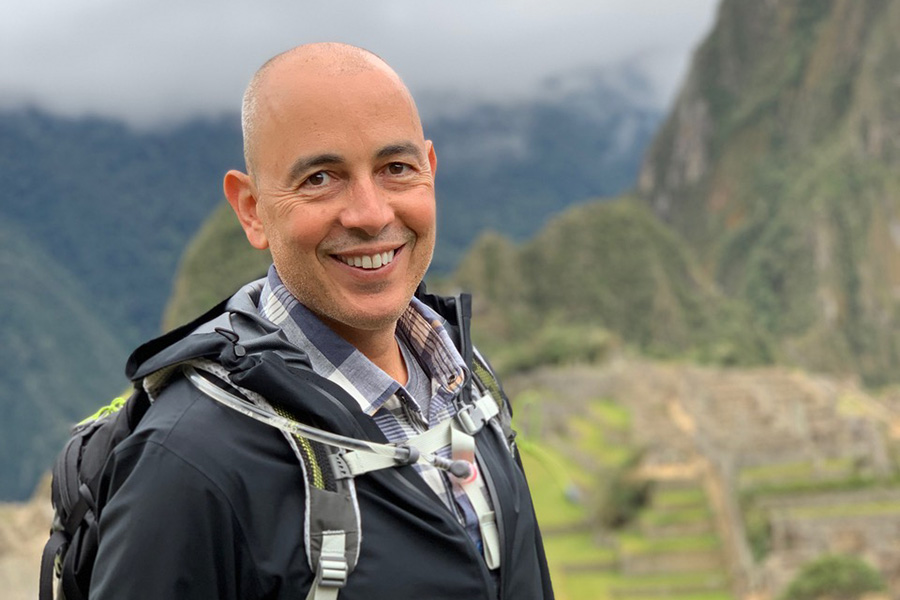There are benefits to having one big dream and thinking day and night about how to make it come true, but there are also several significant risks. During the Dreamer stage, you are too young to limit yourself to one dream that may or may not work. In your first 18 years, I encourage you to develop several dreams for your future.
When you are in the Explorer stage, though, you might come up with a completely new dream! Life is dynamic and ever-changing, and you might learn or experience something that changes your entire worldview. However, the work you’ll need to do as an Explorer will force you to think long and hard about what it takes to realize a particular dream. What are the specific steps? Who can help you along the way? Which challenges will you face?
All these elements are part of the dream-creation process. Even if you ditch all or some of your dreams as you grow older, the work you invest in thinking about your original dreams will come in handy: you’ll already have a proven process. And who knows? Maybe you’ll get a chance to live out your early dreams at a later stage in life when you have the means, time, or experience that you lacked when you were younger!
Your dreams don’t have to be completely different from each other. If you love horses above everything else, one of your dreams could be riding competitively; another might be learning how to become a breeder; and yet another could be learning how to use horses for therapeutic reasons, such as working with children who have emotional issues. The love of horses unites all these dreams, even though each one would take you on a different path.
You will often have different visions for your future. Imagine wanting to pursue these distinct dreams:
• Becoming a science fiction author
• Becoming a professional surfer
• Becoming a trader on Wall Street
These are vastly different dreams. Each one would take you on a different path, and each one would take years to pursue. If you want to become a writer, you could go to college and get a degree in literature, philosophy, or history while you continue writing and practicing your trade. You could instead skip college and take a creative writing class. Or you could just start writing with no formal training. Either way, it will take time—even years—before you can see whether your dream of becoming a writer will work out for you. The path to publishing is a treacherous road that requires a unique set of skills, from finding an agent to marketing your books, and you’ll learn them the hard way, with massive effort at each step.
If you want to become a pro surfer, you’ll have to compete with the most talented surfers in the world, just as any elite athlete does. Assuming you’re a talented surfer to begin with, the road to becoming a pro is a tremendously difficult endeavor that requires intense training, focus, and dedication. It will take years to see whether this plan pans out.
You might ask yourself why you can’t pursue both dreams at the same time by surfing every morning and writing in the evenings. I wish you could, but things don’t usually work that way.
A good example of the need to focus on one dream at a time can be found in the Japanese novelist Haruki Murakami. In his twenties, right after college, he started a small jazz club in Tokyo. His friends and family predicted that he would fail miserably since he had no business experience, but he took out a sizable loan, opened the jazz club, and ran it successfully. This was his first dream, and he stayed with it for ten years, until he was thirty. Then he paused and took stock of his path up to that moment in time. His other dream was to become a novelist, and he realized that if he wanted to take a serious stab at it, this was the time to do it. He convinced his wife to sell the jazz club and pay back the loan so he could dedicate himself to writing.
Quite surprisingly for someone as young as he was, Murakami realized that he needed to give himself full permission to pursue his dream. He did not try to run the jazz club at night and write in the morning. A halfhearted effort simply would not do; he’d have to give it all he had. Murakami pursued two dreams in his Explorer stage, and he struck gold the second time. He went for it and immersed himself in trying to make it work. Only after you have done the same will you know whether you’ve gone far enough.
How many dreams should you cultivate for your future as a Dreamer? My recommendation is three—no more and no less. When you move on to the next phase, the Explorer, you will have enough time to explore all three.
Why not explore ten or twenty, you might be wondering. You’ll find the following sentence incredibly hard to believe, but even with the generous allowance of 18 years dedicated to exploration, you will run out of time. Exploring takes time, dedication, effort, and the ability to immerse yourself in your dream. Nothing worthwhile is easily achieved, but your unique combination of talents, passion, and personality will take you as far as you are willing to go.
You have nothing to prove as a Dreamer or Explorer—that’s part of the beauty of those stages. When you become a Builder in your mid-thirties, that’s when things get serious; that is when you have 18 years to build whatever you need to build.
This is an excerpt from Eyal Danon’s new book “The Principle of 18: Getting the Most Out of Every Stage of Your Life.” www.eyaldanon.com




































